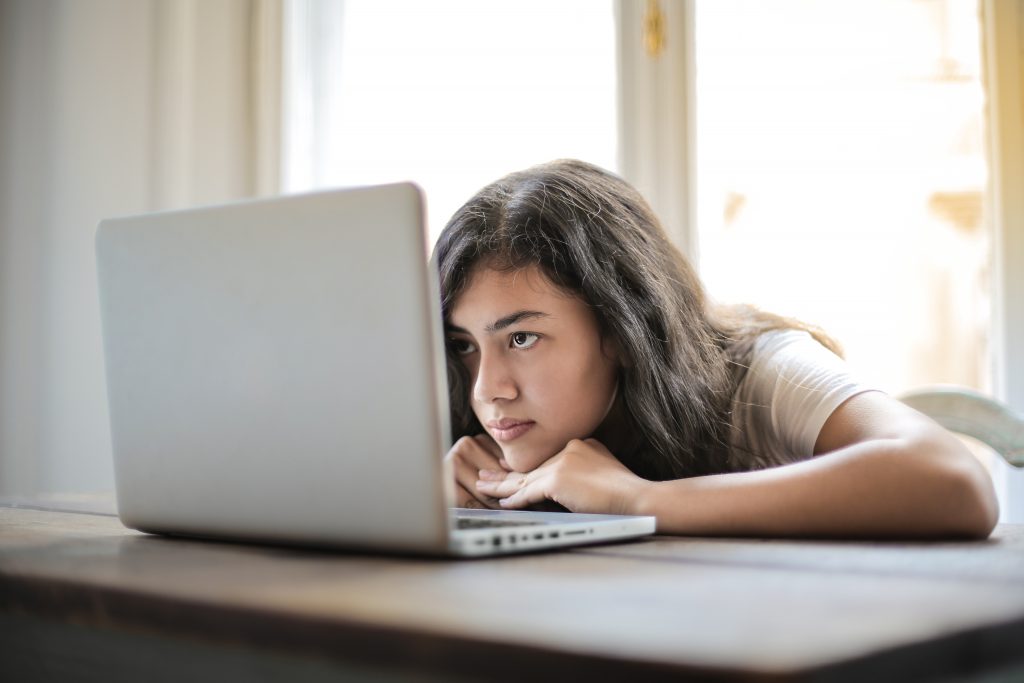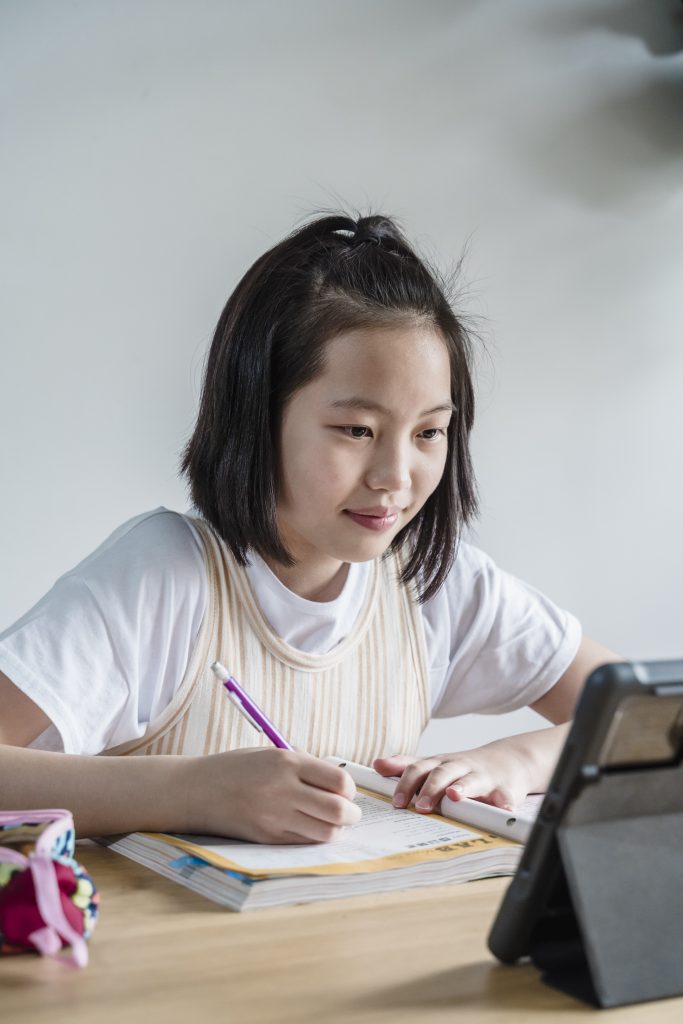The power of choice in successful education
I can’t believe this class is already over – that flew by! I particularly enjoyed this style of class in its debate format. It was engaging and exciting in the ways that other classes haven’t always been. A big thank you to our professor and classmates for a great overall learning experience.
The final debate topic: Online education is detrimental to the social and academic development of children.

Both sides of the debate did a phenomenal job defending their respective arguments. I initially voted “agree”, resulting from a longstanding belief that there is just that special something about being face-to-face with others. Communication and connection that can’t be replicated through screens or other mediums. I still think that certain situations and scenarios call for an in-person experience if possible, but the “disagree” side offered some compelling points that have me rethinking my initial stance.
Reading through the first article posted by the agree team, this thought came to mind: Online education is detrimental if it is forced upon someone and is contradictory to what they would have chosen for themselves. This was, unfortunately, exactly what happened to many students and families during pandemic lockdowns when whole school divisions shifted to remote learning.
The Toronto Life article, linked above, illustrates the struggles of some Toronto families when online learning was the only (or only seemingly safe) option, and how issues such as connectivity, hardware malfunctions, social isolation and physical symptoms of excessive screen time were just added challenges in an already stressful time. Important to note, and this was touched on in the debate, is that pandemic learning and online learning are two different situations, as pandemic learning was ultimately the only option at the time. Online learning can still present the problems above, but it can also create opportunities and situational solutions.

Kat went over these during the debate, but mentioned in this article shared by the “disagree” team are five reasons why online education might be more effective for academic development of individuals: learning disabilities, physical disabilities, visual impairments, hearing impairments, and psychiatric disabilities.
Is it not dangerous to make a blanket statement about an entire group of people in any case? Saying online education is detrimental to children is to assume that all children are basically the same. Of course, this is far from reality. Many students, and more broadly, people, live with exceptionalities or disabilities that make daily tasks, including school, work or home responsibilities more challenging. Many people do not have high-stress jobs or work involving a large social component because it is not a suitable fit for their physical or mental health. Adults are able to make this choice as there are a wide variety of employment opportunities and work settings to choose from. Shouldn’t this choice also be one made freely available to students (parents) when considering a suitable learning environment for the individual, without the associated stigma of online education being “detrimental”?
Following the trend of continuing to unlearn things, I feel a bit ignorant for initially feeling so strongly about this topic. Before this, I hadn’t really considered all of the possible situations. I can’t imagine saying that online education is detrimental to a student’s social development if the alternative is being overwhelmed with social activity that leads to severe panic attacks. Or saying that a student with a hearing impairment is going to suffer academically if choosing online education when that is the only medium to view lectures with subtitles.
Despite being a suitable and more effective option for some, online learning is not without its shortcomings. Issues surrounding the digital/connectivity divide and assessment challenges are just two reasons why online education isn’t right for everyone. But it also doesn’t mean it’s wrong for everyone, either.
3 thoughts on “The power of choice in successful education”
Great post Christina !!
Comparing the two, I would say that there is a huge difference between them, but whichever one is better depends on the type of students are and the subject they are studying. Some people do better in person, others may do better with e-Learning. We can pick one mode of learning according to our needs. and living in a digital world, we all know that online education is the biggest medium of learning nowadays.
Hi Christina,
Great reflection! I agree with you that students and parents need to have a choice between in-person learning and/or online learning. If regular schools all become e-learning, I am not so positive about that. I think schools are not only for students to learn knowledge but also a social place for students to develop social skills. Students may be socially isolated during online learning. I like the idea that online education is a supplement to traditional in-person learning. For some extracurricular courses, I think parents and students need to have a choice to see which method is suitable for their children.
Echo
I enjoyed reading your perspective, Christina.
This statement that you made really made me think, “I can’t imagine saying that online education is detrimental to a student’s social development if the alternative is being overwhelmed with social activity that leads to severe panic attacks,” about a large number of students I teach online, where they came here to get away from bullying in person, and the onset of social anxiety. Detrimental is a very strong word to use for online learning where it benefits some students, and others not so much. I really like the idea of using online learning as supplementary learning to face-to-face, as students are still immersed in the social setting and slowly work on goals towards their own social anxiety.